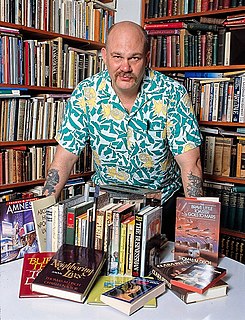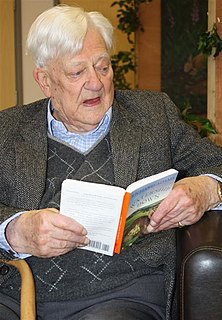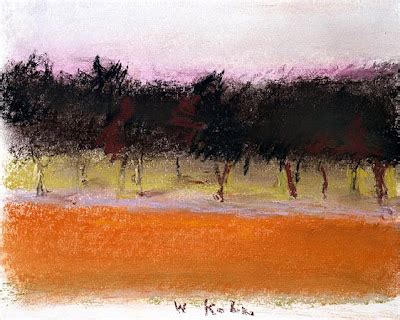A Quote by Thomas M. Disch
Knowledge is devalued when it becomes too generally known
Related Quotes
A scholar's business is to add to what is known. That is all. But it is capable of giving the very greatest satisfaction, because knowledge is good. It does not have to look good or even sound good or even do good. It is good just by being knowledge. And the only thing that makes it knowledge is that it is true. You can't have too much of it and there is no little too little to be worth having. There is truth and falsehood in a comma.
Knowledge signifies things known. Where there are no things known, there is no knowledge. Where there are no things to be known, there can be no knowledge. We have observed that every science, that is, every branch of knowledge, is compounded of certain facts, of which our sensations furnish the evidence. Where no such evidence is supplied, we are without data; we are without first premises; and when, without these, we attempt to build up a science, we do as those who raise edifices without foundations. And what do such builders construct? Castles in the air.
I'm always trying to get to a danger point in color, where color either becomes too sweet or it becomes too harsh, it becomes too noisy or too quiet, and at that point I still want the picture to be strong, forceful, and the carrier of everything that a painting has to have: contrast, drama, austerity.
When spiritual seeking becomes too complicated, its exercies too elaborated, its doctrines too esoteric, it becomes also too artificial and the resulting achievements too fabricated. It is the beginners and intermediates who carry this heavy and unnecessary burden, who involve themselves to the point of becoming neurotics.
Now, in the development of our knowledge of the workings of Nature out of the tremendously complex assemblage of phenomena presented to the scientific inquirer, mathematics plays in some respects a very limited, in others a very important part. As regards the limitations, it is merely necessary to refer to the sciences connected with living matter, and to the ologies generally, to see that the facts and their connections are too indistinctly known to render mathematical analysis practicable, to say nothing of the complexity.
The heart becomes sick, as the body becomes sick, and its remedy is al-Tawbah (repentance) and protection [from transgression]. It becomes rusty as a mirror becomes rusty, and its clarity is obtained by remembrance. It becomes naked as the body becomes naked, and its beautification is al-Taqwa. It becomes hungry and thirsty as the body becomes hungry, and its food and drink are knowledge, love, dependence, repentance and servitude.
It cannot be too strongly asserted that the insistence on blind, unreasoning faith is due mainly to the maintenance of a subject-matter upon which there was no knowledge, namely the 'other world'; and that this basis was assumed because of early man's preoccupation with death. It is, unfortunately, quite possible to believe a thing which is contradicted by facts, especially if the facts are not generally known; but if the whole position on which we rested our religions had been visibly opposed by what we did know, even the unthinking masses would, in time, have noticed it.
Remember. You are a physician. You are not a policeman nor are you a minister of religion. You must take people as they come. Remember, too that though you will generally know more about the condition than the patient, it is the patient who has the condition and this if nothing else bestows on him or her a kind of wisdom. You have the knowledge but that does not entitle you to be superior. Knowledge makes you the servant not the master.
Knowledge is the parent of knowledge. He who possesses most of the information of his age will not quietly submit to neglect its current acquisitions, but will go on improving as long as means and opportunities offer; while he who finds himself ignorant of most things, is only too apt to shrink from a labour which becomes Herculean.



































